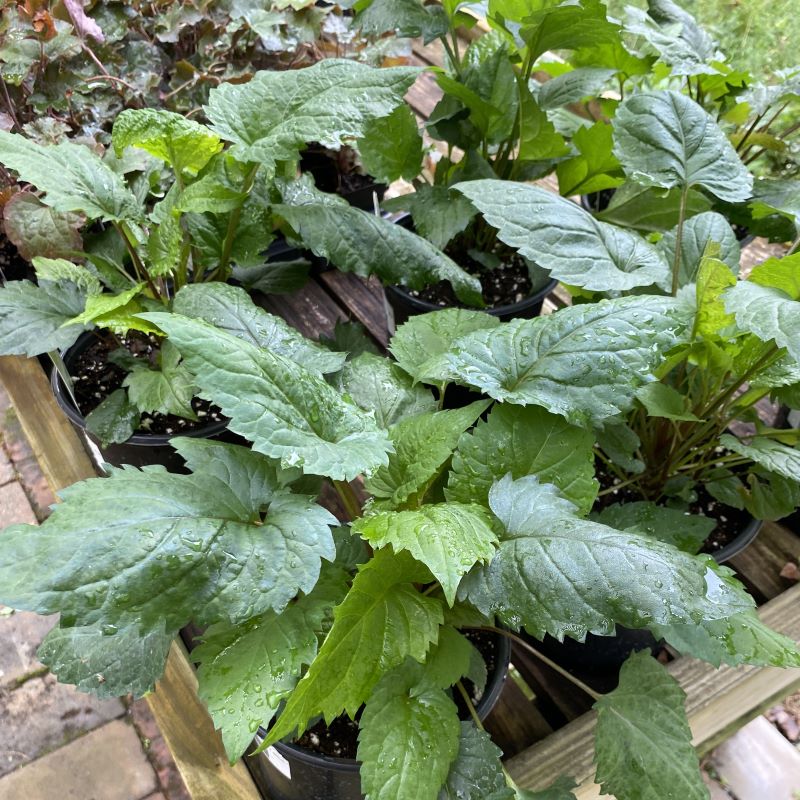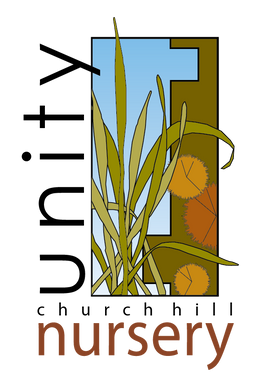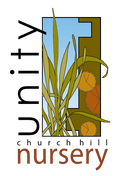
Eurybia divaricata (Aster divaricatus) (White Wood Aster)
- In Stock
- Inventory on the way
Eurybia divaricata (syn. Aster divaricatus), often referred to as white wood aster, is a native, clump-forming perennial wildflower indigenous to most of northeastern North America. This species of aster is among the first to bloom in late summer, and its small, white flowers last until early autumn.
In its natural habitat, Eurybia divaricata grows in woodlands, meadows, and near bodies of water to between 18" and 3 feet tall; in the garden, this means a lot of pollinator appeal in a compact area, as long as the aster is provided with medium to moist soil. White wood aster provides a valuable food source for pollinators in the later months of summer and fall, and their persistent seeds are eaten by migratory birds through the late fall and into the winter. While seed heads are beneficial to birds and can promote easier spread of Eurybia divaricata into more dense colonies, spent flowers can be deadheaded to promote ornamental value.

